Bio-based plastics reduce environmental impact
Product Know-How 02.03.2021
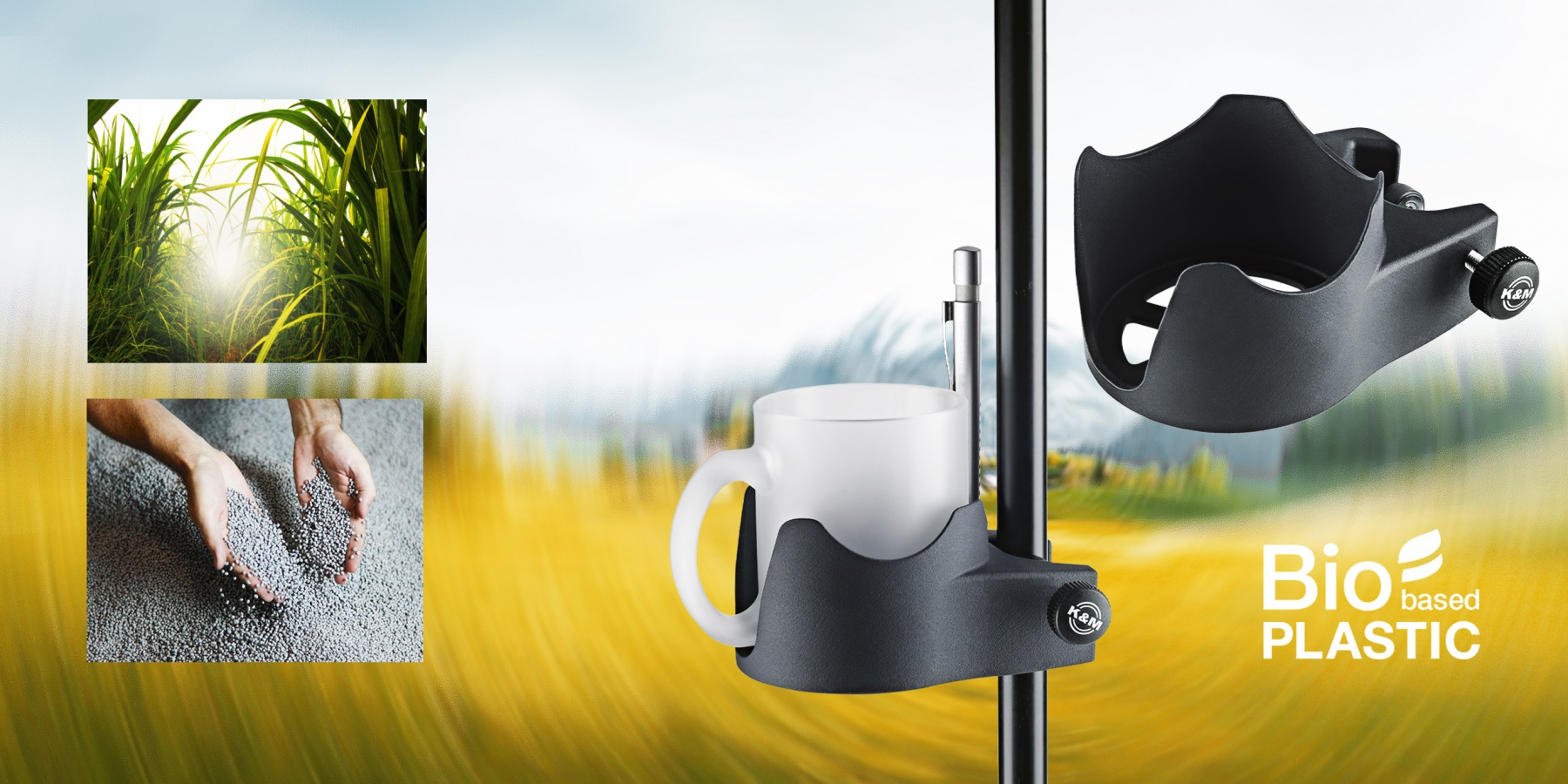
König & Meyer has long done its part to protect the environment by manufacturing high-quality, highly durable products that are easy to take apart when they reach the end of their lifecycle, with individual parts being either recyclable or reusable. Now K&M is going one step beyond. To meet the increasingly stringent requirements that apply to environmental protection, König & Meyer is introducing various new sustainable products made from bio-based plastics.
Bio-based plastics are made from 50% to 100% renewable plant-based raw materials, such as cornstarch, cane or beet sugar, vegetable oils, and cellulose derived from cotton or wood. Using renewable raw materials helps conserve the world’s limited supply of petroleum and reduces CO2 emissions on average when compared to conventional petroleum-based raw materials. Bioplastics are an especially good option for long-lasting products in particular, ensuring a positive environmental impact. At the same time, these plastics are just as sturdy, durable, and recyclable as conventional plastics, although they are not compostable or biodegradable. If you ever need to dispose of the product you have purchased, please have it industrially recycled. Do not litter or place it in the compost.
Forward-looking business practices require responsible use of resources. Sustainably produced biological raw materials can help protect the climate and the environment and preserve biodiversity. Bio-based plastics are an important building block of this development, and they are undergoing continuous improvement and refinement. We monitor the current state of the art on an ongoing basis.
Bio-based plastics – questions and answers
Why is König & Meyer now using bio-based plastics?
Bio-based plastic is not a new invention, surprising as that may be. The first industrially produced plastic (1869) was a bioplastic – celluloid. It was not until later, in the early 20th century, that the first petroleum-based plastics like the ones we still use today were invented. These kinds of plastic were cheaper, so development shifted toward them from then on.
The world would have to wait until after 1980 for new innovations in bio-based plastics, driven mainly by changes in environmental awareness. Renewable raw materials and closed material cycles were major arguments for these plastics. Later, replacing petroleum as the main raw material became an important factor as oil prices rose and the finite supply of resources dwindled. Producing petroleum is also increasingly risky for the environment, involving processes such as fracking. The goal is to use bio-based plastics made from renewable raw materials to achieve all of the outstanding use characteristics familiar from petroleum-based plastics while also conserving finite resources on a sustainable basis.
Are there any disadvantages to the K&M products made from bio-based plastic?
No. The products we offer that are made with bio-based plastics have no disadvantages compared to products made from conventional petroleum-based plastic. This is because the bio-based plastics were specifically developed and adjusted for our applications, so they are just as sturdy and durable.
Why aren’t all of König & Meyer’s plastic products bio-based?
We use many different kinds of plastic. The shift to bio-based plastics requires extensive development work. Not all bio-based plastics have the properties we need for our products. We are currently working on other products made from bio-based plastics, which we will be adding to our product range over time.
Are products made from bio-based plastic biodegradable or compostable?
No. Not all bio-based plastics are automatically biodegradable or even compostable. Long-lasting products that are supposed to remain in use under all climatic conditions for years cannot be made biodegradable or compostable in the end using current technologies.
How should products made from bio-based plastics be disposed of?
If the products need to be disposed of at some point, please have them industrially recycled. In these processes, the bio-based plastic is either recycled or used to generate heat and energy. The CO2 naturally stored in the plant-based raw materials is then either released or CO2-neutral energy is generated.
Does the land cultivated to produce bio-based plastics compete with the land used to grow food?
Only 0.02 percent of all agricultural land worldwide is currently used to produce bio-based plastics. All of the petroleum-based plastics required around the world could theoretically be replaced by bio-based plastics today, and even then, the renewable raw materials needed to make them would only occupy ten percent of the acreage used to produce foods that end up being thrown away in our society.
In a growing market, however, it is definitely important to make sure that production of bio-based plastics does not compete with growing food, now or in the future. With this in mind, researchers are making huge efforts to use waste generated by the timber industry and agriculture, such as green cuttings and straw, as raw materials for producing bio-based plastics.
What are the harmful effects of growing renewable raw materials to produce plastics?
We view the use of fertilizers, pesticides, genetic engineering, and water to produce renewable raw materials through a critical lens. The goal for the future is also to ensure that the raw materials used to produce bio-based plastics come from sustainable agricultural production practices geared toward ecological criteria.
Why has König & Meyer been using recycled plastics for decades?
We have always recycled byproducts of our in-house plastic processing activities by regrinding them and feeding them back into the production cycle. We use between 15 and 20 tons of regranulate a year. This is plastic material that does not need to be produced again as new materials, so it conserves resources and energy.




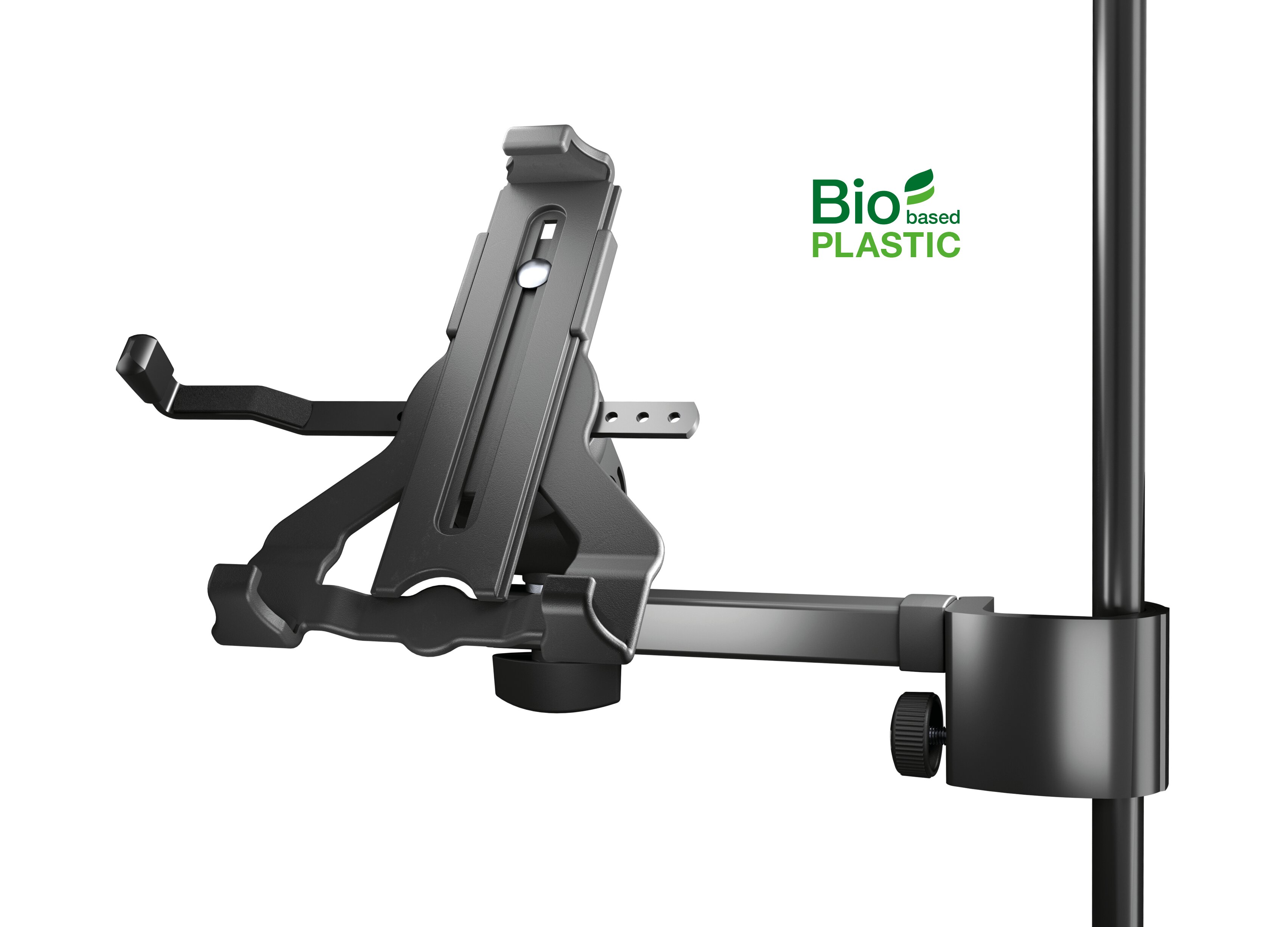

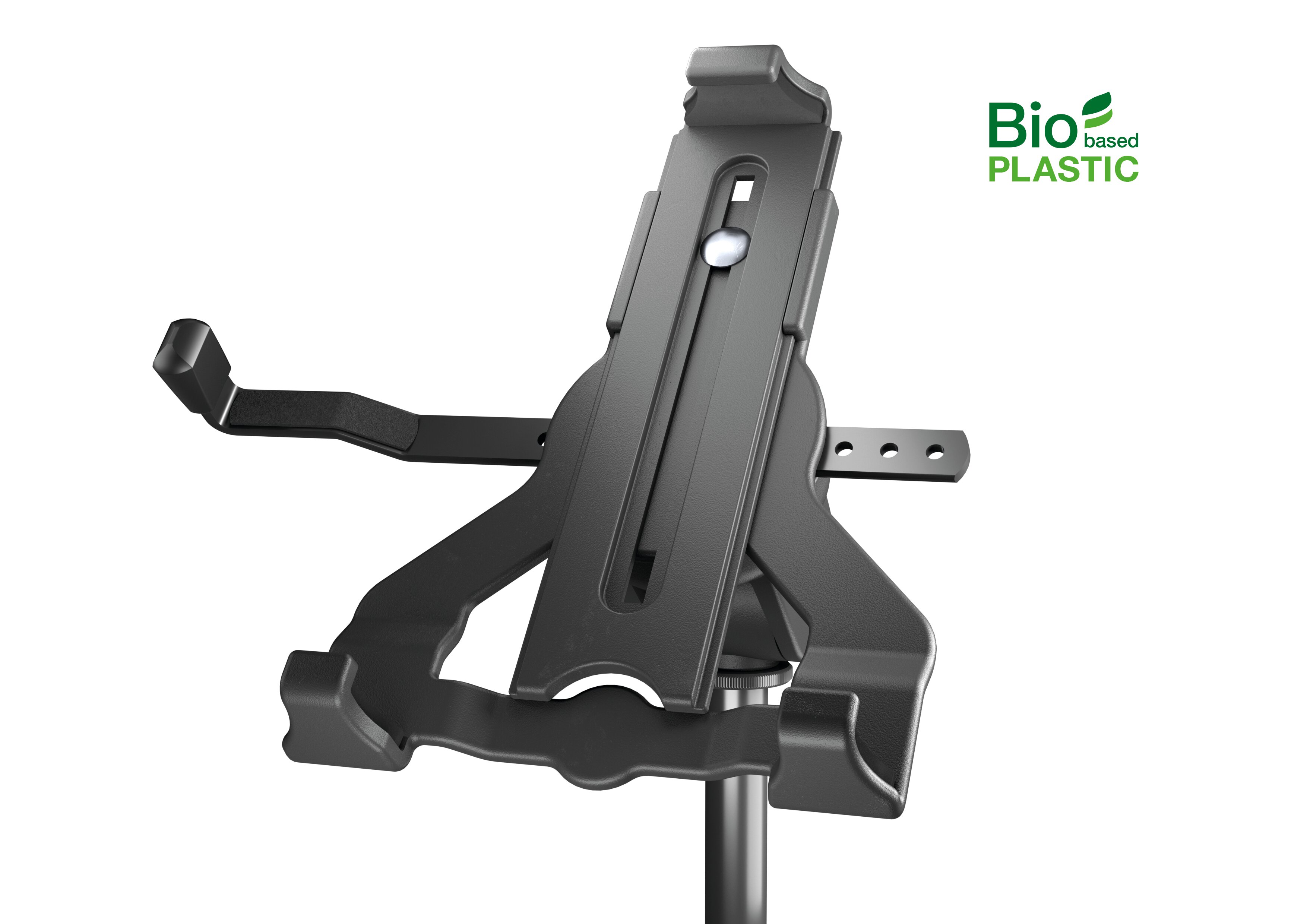
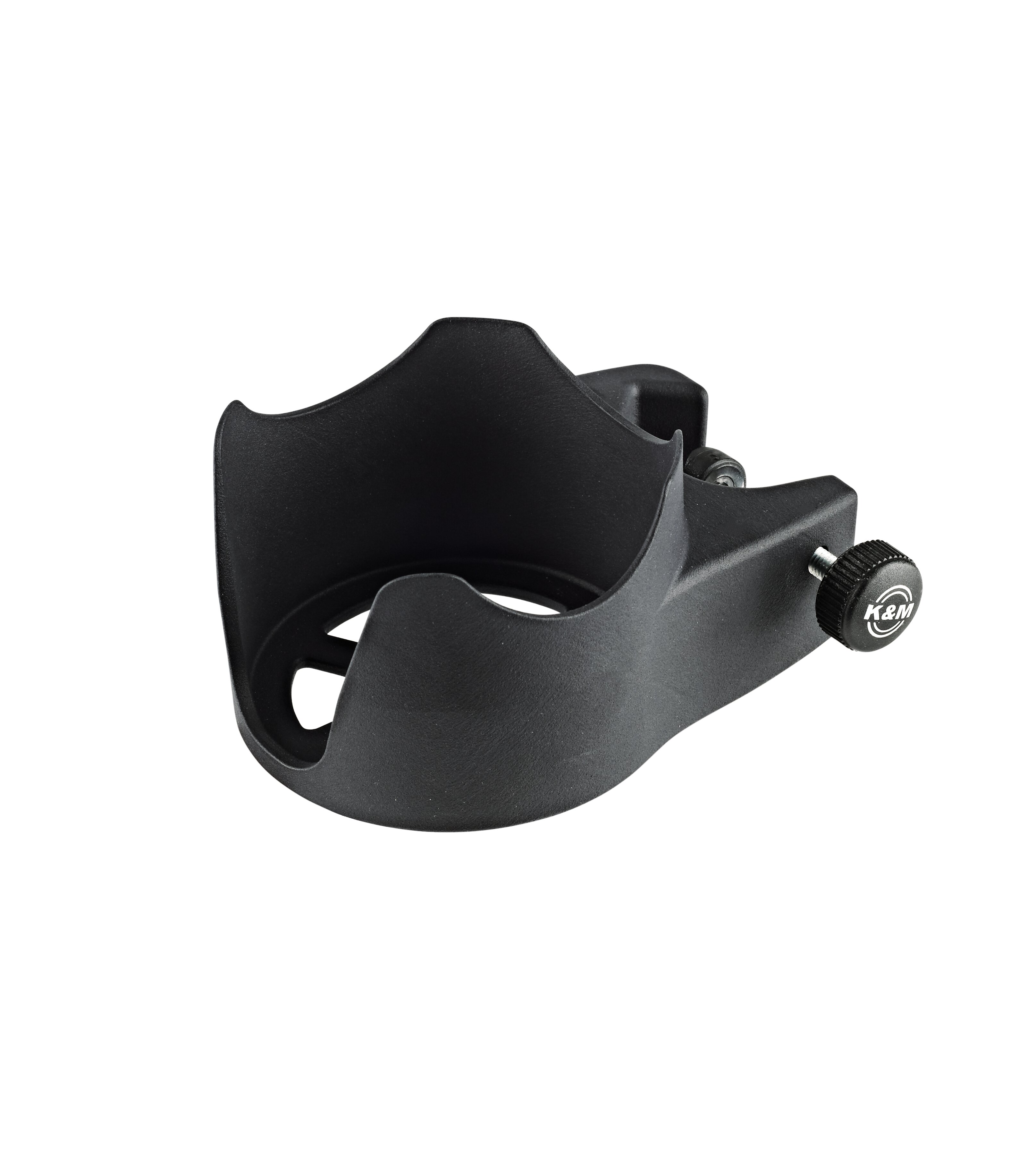
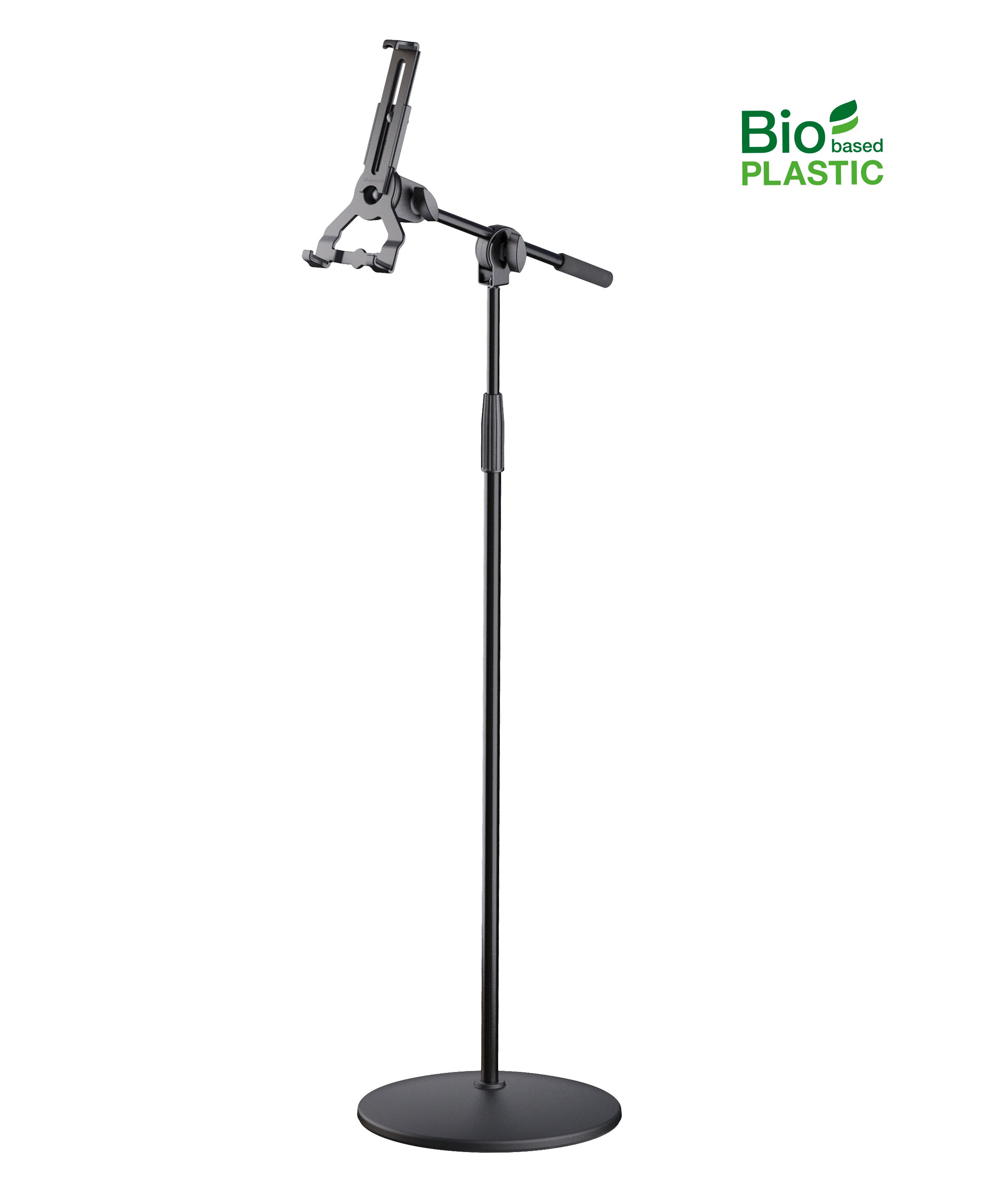




Love the holder! Seems to work Great!!